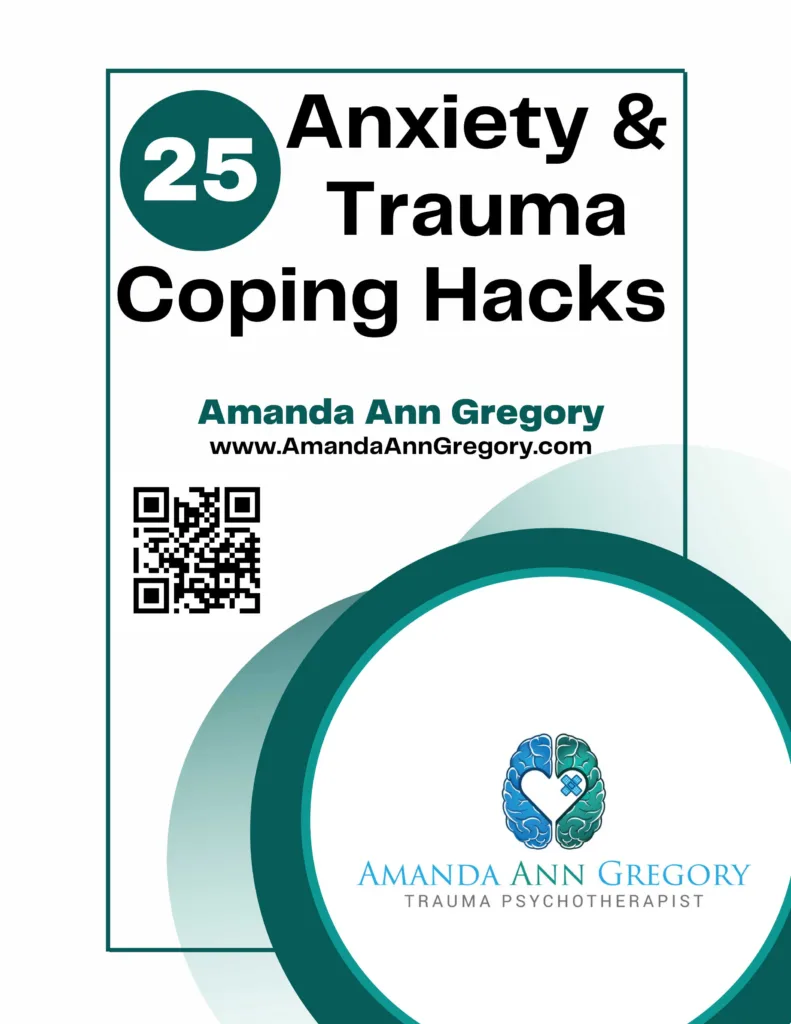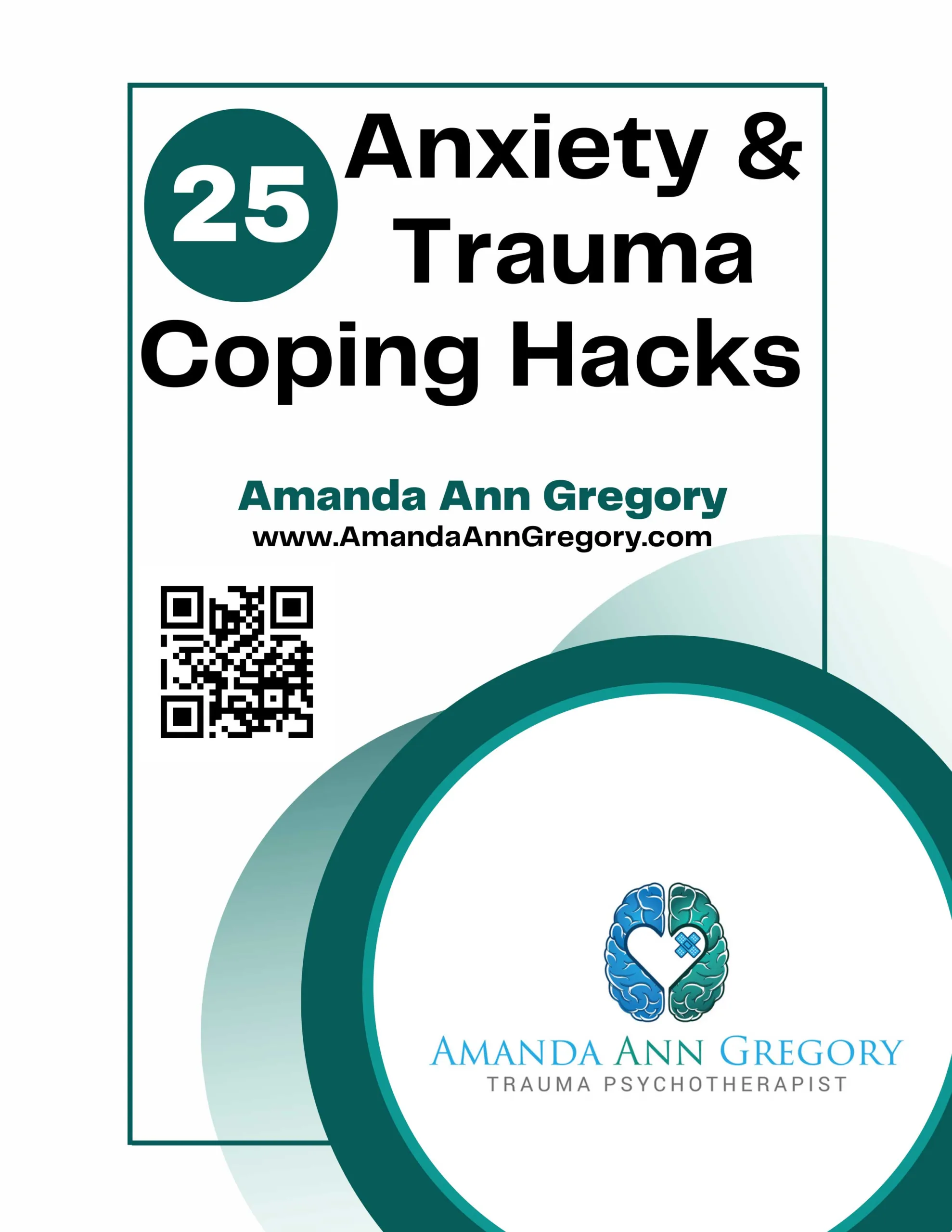Forgiveness isn’t the panacea that you may think it is. Research reports that forgiving can have a positive impact on one’s physical and mental health (Long, 2020). Yet, research does not indicate that forgiveness benefits everyone in every situation. Despite this distinction, many people recommend forgiveness without giving it a second thought. For this post, I will focus on interpersonal forgiveness in which the recommender is not the one who offended.
Before recommending forgiveness, take a moment to identify your honest intentions and to reflect upon any information which could support or negate your recommendation. This pause may also help you to acknowledge any disclaimers that need to be communicated to the intended forgiver.
When writing my book, You Don’t Need to Forgive: Trauma Recovery On Your Own Terms, I discovered eight helpful questions to ask yourself before you recommend forgiveness.
1. What’s my definition of forgiveness?
There isn’t an agreed-upon psychological definition of forgiveness. In fact, researchers tend to agree more upon what forgiveness is not as opposed to what it is. Psychologist Mono Gustofson Affinito reported that a majority of researchers agree that forgiveness is not “excusing, forgetting, condoning negative and inappropriate behavior, absolution, a form of self-sacrifice, a clear-cut one-time decision, approval of injustice, pretending everything is fine when you feel it is not, assuming an attitude of superiority or self-righteousness, simply allowing angry feelings to diminish across time, pardon, or justification” (Lamb, 2002). Some agree with this interpretation while others may not. Some people equate forgiveness with reconciliation, while others do not.
If you are recommending forgiveness, you should not only be able to identify your definition but also communicate it to the one whom you’re asking to forgive.
2. Do they feel safe to forgive?
If someone feels unsafe, it’s difficult for them to experience authentic forgiveness. For example, a battered spouse may not consider forgiveness until they are physically safe with access to resources that ensure they will not need to return to the marriage. Survivors of financial abuse might not feel safe to forgive until their offender has no access to or control over their money.
How do you know if they feel safe enough to forgive? Ask them. If they do not feel safe, you shouldn’t recommend it. Instead, help them to reestablish safety.
3. Have I accepted their experience?
Before someone can consider your recommendation, they need to feel that you have seen, heard, and accepted their experiences. Acceptance is not agreement; it’s an understanding of another’s perceptions and emotional experiences.
Imagine this scenario: For most of your childhood your mother emotionally abused you. Yet, she was a kind and charming person outside of the home. As an adult, you decide to have limited contact with her. Then, a family friend recommends forgiveness without making any effort to hear your story or understand your experience. You are unlikely to take their recommendation seriously. In fact, it might make you less likely to consider it in the future.
Are you willing to take the time, effort, and emotional investment required to see, hear, and accept another’s experience? If not, perhaps you shouldn’t recommend forgiveness.
4. Do I have any conflicts of interest?
People may recommend forgiveness because they have something to gain or to lose if someone does or does not forgive. For example, a family member might encourage an adult child to forgive their parent so that the family dynamics remain intact, as any change could disrupt the family. A boss might recommend that an employee forgive their coworker who sexually harassed them so that there is no internal investigation which would cause the boss to experience an inconvenience.
Before you recommend forgiveness, ask yourself if you have something to gain or to lose if they forgive or don’t forgive. If you have a conflict of interest, you might not be the best person to recommend forgiveness. If you choose to make this recommendation, you should be transparent about your conflicts of interest.
5. Am I in a position of power?
Those who are in positions of power must be careful when providing recommendations as they tend to have more influence over others when compared to those who are perceived as equals. Positions of power can include mental health professionals, authority figures, parents, teachers, social media influencers, and religious leaders. In addition, those who are part of a privileged population need to consider that they are automatically in a position of power as their recommendations carry more weight than members of a marginalized population.
If you are in a position of power, be aware of the impact of your influence when making recommendations. When recommending forgiveness, express humility by acknowledging that your expertise in this area is limited.
6. Am I aware of my own biases?
What are your own personal biases regarding forgiveness? The most common biases I have encountered in the therapeutic space are cultural, spiritual, and religious beliefs and when someone had positive or negative experiences involving forgiveness. It’s important to acknowledge that your recommendations do not exist in a vacuum, as your own experiences highly impact them.
If you choose to recommend forgiveness, you should identify and communicate your biases to the one whom you are encouraging to forgive.
7. Can I accept their choice if they choose not to forgive?
There is a difference between recommending forgiveness and pressuring someone to forgive. Ask yourself: What if they chose not to forgive? Can I accept that? If not, you may be at risk of intentionally or unintentionally pressuring someone to forgive.
Pressuring rarely results in authentic forgiveness, which occurs organically or by choice. Everyone should have the agency to explore, discover, embrace, ignore, oppose, or withhold forgiveness. If you feel that they need to forgive, you may not be respecting their agency.
If you cannot accept their choice not to forgive, do not recommend forgiveness. Instead, ask yourself why you feel the need to pressure or force it upon them.
8. Am I assuming that they need to forgive?
Many people believe that forgiveness is a panacea that will resolve all relational conflicts and relieve all physical and mental health ailments. There is no evidence that this is true. Yet, people continue to recommend it without considering that some may not need to forgive to move forward. Forgiveness is elective, not a requirement.
If you recommend forgiveness, be aware that it may not be what the person needs. Instead, inform them of the elective nature of forgiveness and respect their agency. Resist the urge to recommend it impulsively. Instead, pause and ask yourself these questions which can help you to understand your intention and to communicate effectively.
Long, K.N.G., Worthington, E.L., VanderWeele, T.J. et al. (2020). Forgiveness of others and subsequent health and well-being in mid-life: a longitudinal study on female nurses. BMC Psychol 8, 104.
Lamb, S., & Murphy, J. G. (Eds.). (2002). Before forgiving: Cautionary views of forgiveness in psychotherapy. Oxford University Press.
Purchase my book, You Don’t Need to Forgive

Sign up to get your Free eBook: 25 Anxiety & Trauma Coping Hacks

Hire me to speak at your event! Contact Me






